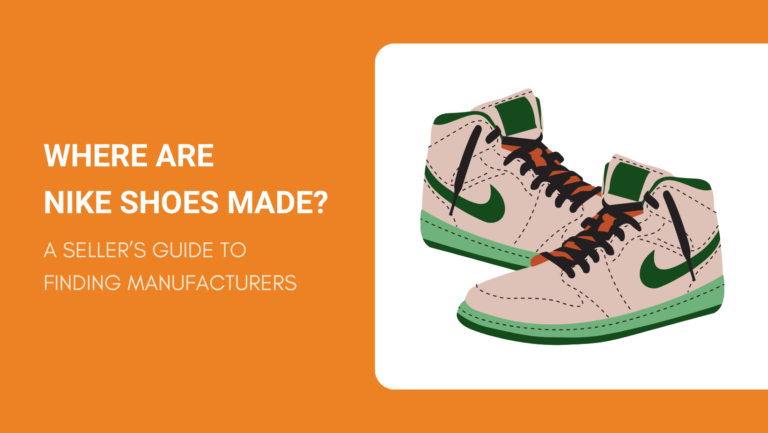Are you wondering where those stylish and popular Nike shoes are made? You’ve come to the right place!
As a seller looking to find manufacturers for your business, it’s important to understand the roots of such an iconic brand.
Fun fact: Nike shoes are primarily manufactured in countries like Vietnam, China, and Indonesia.
But hold on, there’s more!
This article will give you an overview of Nike’s shoe manufacturing journey and even provide insights into what materials go into making their world-famous sneakers.
With this information in hand, you’ll be well-equipped to explore the world of shoe manufacturing for your own business.
Key Takeaways
- Learn about the primary countries where Nike shoes are produced.
- Discover the materials and processes behind Nike’s quality footwear.
- Gain insights into Nike’s competition and how to source shoe manufacturers.
History of Nike Shoe Manufacturing
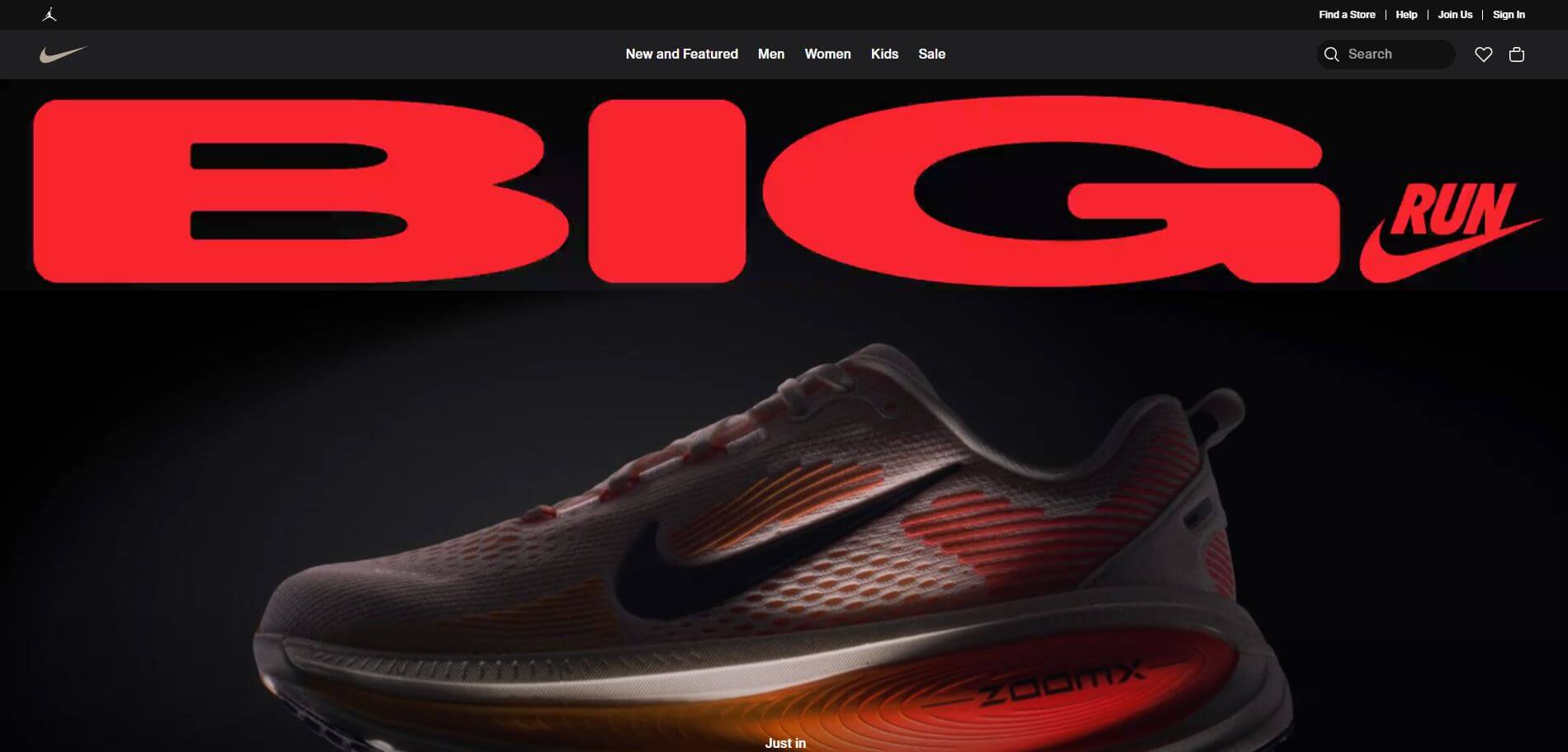
Nike started in 1964 as Blue Ribbon Sports, founded by Phil Knight and Bill Bowerman in Beaverton, Oregon.
Their initial goal was simple: create better running shoes. Bowerman’s innovative spirit led to one of Nike’s first major breakthroughs—the iconic waffle sole, inspired by a Belgian waffle iron.
This design provided superior traction and revolutionized athletic footwear.
By the 1970s, Nike had moved beyond importing shoes from Japan and began producing its own footwear.
As demand grew, the company expanded its manufacturing operations globally, shifting production to lower-cost regions while keeping design and development in the U.S.
Today, Nike shoes are primarily manufactured in Vietnam, China, and Indonesia, with these three countries producing the majority of its footwear. However, the brand also has factories in countries like India, Thailand, and Mexico to diversify production and meet global demand.
Where Are Nike Shoes Made?
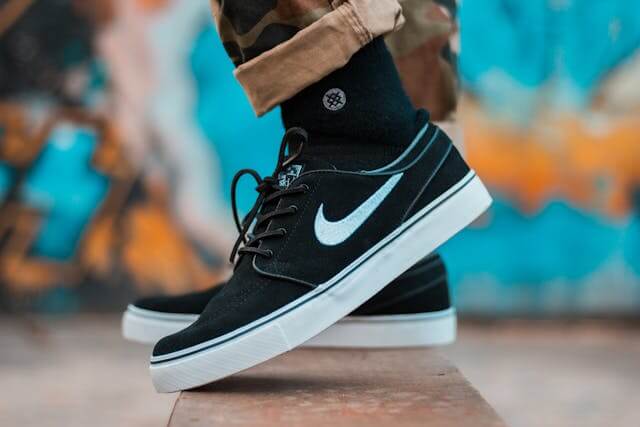
Nike shoes are manufactured in multiple countries, with the majority of production concentrated in Vietnam, China, and Indonesia.
According to industry reports, in 2023 Vietnam alone produced approximately 51% of Nike’s total footwear, followed by China (24%) and Indonesia (22%).
The remaining production is spread across countries like India, Thailand, and Mexico.
For a detailed breakdown, Nike provides an interactive map of its manufacturing locations, allowing a closer look at where its factories are located worldwide.
Vietnam: The Largest Nike Shoe Manufacturer
- Production Share: ~51% of Nike’s global shoe production
- Key Regions: Factories are concentrated in southern Vietnam, particularly in Ho Chi Minh City, Dong Nai, and Binh Duong, where large-scale footwear manufacturers operate.
- Why Vietnam? Low labor costs, skilled workforce, and a strong supply chain make Vietnam a key hub for Nike. Many Vietnamese factories specialize in high-performance athletic footwear.
- Sustainability & Quality: Nike has invested in sustainable manufacturing in Vietnam, implementing initiatives such as water-saving dyeing processes and reduced carbon emissions in production.
China: A Historic Nike Production Hub
- Production Share: ~23% of Nike’s footwear
- Key Regions: Nike’s factories are mainly located in Guangdong, Jiangsu, and Fujian provinces, known for advanced footwear technology.
- Why China? Although labor costs have risen, China remains crucial for Nike due to its established infrastructure, supply chain expertise, and access to high-tech manufacturing.
- Sustainability & Quality: China is home to many Nike factories certified under the Fair Labor Association and sustainability-focused initiatives, such as using recycled materials in shoe production.
Indonesia: A Major Supplier for Decades
- Production Share: ~21% of Nike’s footwear
- Key Regions: Most factories are in West Java, particularly in cities like Tangerang and Serang.
- Why Indonesia? Lower wages compared to China and Vietnam make Indonesia an attractive location for mass shoe production. Many factories focus on producing affordable, high-volume footwear.
- Sustainability & Quality: Nike has worked with Indonesian factories to improve working conditions, although the country has faced labor rights controversies in the past. Nike continues to work with organizations like the International Labour Organization (ILO) to enhance fair labor practices.
Other Nike Shoe Manufacturing Countries
While Vietnam, China, and Indonesia dominate Nike’s production, the brand also sources shoes from:
- India – Growing in importance due to cost-effective labor and strong local demand.
- Thailand – Produces specialized footwear, though at a smaller scale.
- Mexico – Serves North American markets with faster shipping times.
- Cambodia & Bangladesh – Emerging production hubs for cost-efficient manufacturing.
For further details on Nike’s supply chain, check out its official Manufacturing Process Report.
Nike’s Supply Chain Strategy: Why These Countries?
Nike’s decision to manufacture shoes in Vietnam, China, and Indonesia isn’t random—it’s a result of careful supply chain optimization.
These countries offer the perfect mix of cost efficiency, skilled labor, strong infrastructure, and favorable trade policies, making them ideal for large-scale shoe production.
Vietnam
Vietnam has overtaken China as Nike’s largest manufacturing hub. This shift is due to several key advantages:
- Competitive Labor Costs – Wages in Vietnam are lower than in China, reducing overall production expenses.
- Established Footwear Industry – Decades of investment from brands like Nike have built a skilled workforce specialized in shoe manufacturing.
- Trade Agreements & Tariff Advantages – Vietnam benefits from multiple free trade agreements (FTAs), such as the Comprehensive and Progressive Agreement for Trans-Pacific Partnership (CPTPP), which lowers export costs.
- Proximity to Supply Chain Networks – Located near major raw material suppliers in China, Vietnam ensures smooth material sourcing for Nike.
China
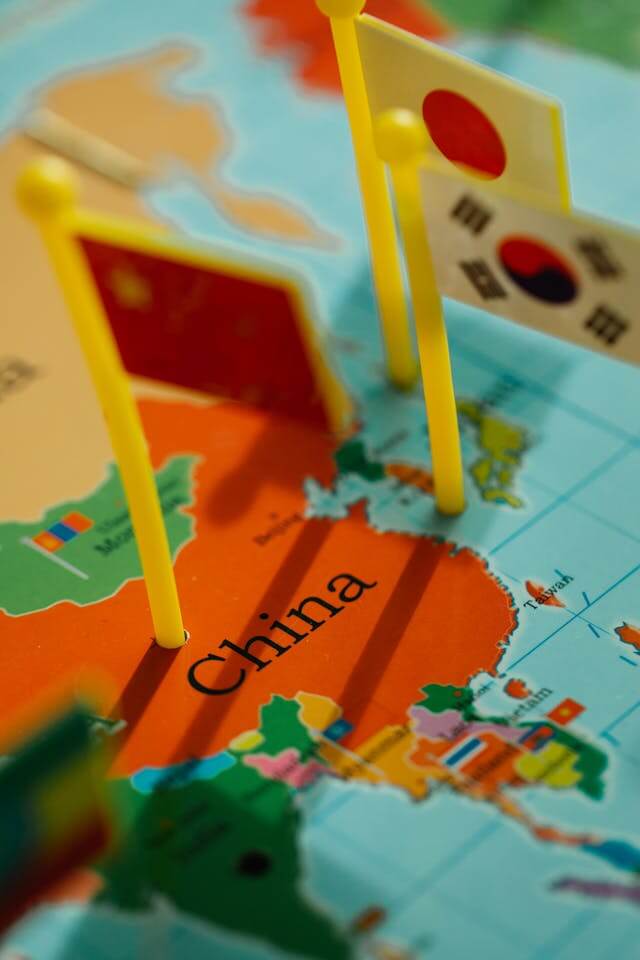
While Nike has moved much of its production to Vietnam, China remains crucial due to its:
- High-Tech Manufacturing Capabilities – Chinese factories specialize in precision-engineered sneakers, including Nike’s high-performance and limited-edition shoes.
- Efficient Infrastructure & Logistics – With world-class ports, highways, and rail networks, China enables fast shipping and supply chain agility.
- Strong Supplier Base – China remains the biggest producer of raw materials like synthetic leather, rubber, and textiles used in Nike shoes.
- Automation & Innovation – Factories in China are increasingly automated, improving efficiency and reducing defects in production.
Indonesia
Nike has been producing shoes in Indonesia for decades, with about 21% of its footwear coming from this country. Key reasons include:
- Lower Labor Costs – Wages are lower than in both Vietnam and China, making Indonesia attractive for high-volume, lower-cost shoe production.
- Government Support for Manufacturing – Indonesia actively promotes foreign investment in its footwear sector, attracting brands like Nike.
- Experienced Workforce – Indonesia has a long history of producing athletic footwear, ensuring consistency in quality.
The Manufacturing Process of Nike Shoes
Nike’s production process follows a carefully structured system designed for efficiency, innovation, and quality.
While many athletic shoe brands use similar methods, Nike stands out with its advanced technologies, sustainability initiatives, and strict quality control standards.
Here’s a step-by-step breakdown of how Nike shoes are made:
1. Design & Material Sourcing
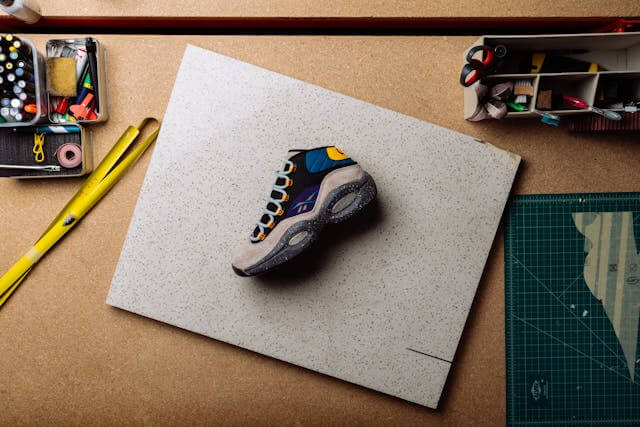
Nike’s design process begins at its headquarters in Beaverton, Oregon, where designers and engineers create new shoe models using cutting-edge technology like 3D modeling and motion analysis.
Materials are sourced from suppliers worldwide, with key components including:
- Synthetic Leather – Mostly sourced from China and Taiwan for durability and flexibility.
- Rubber Soles – Nike’s signature outsoles often come from Indonesia and Vietnam, where rubber production is strong.
- Flyknit Fabric – A sustainable material made from recycled polyester, primarily produced in Nike’s Asian factories.
Nike’s Move to Zero sustainability campaign has pushed for more recycled and bio-based materials, reducing waste and carbon emissions.
2. Cutting & Shaping Materials
Once materials are sourced, they are cut into precise shapes using automated cutting machines. This ensures uniformity across mass production. Nike Flyknit uppers are produced using a computerized knitting process, which reduces waste compared to traditional cut-and-sew methods.
3. Assembly: Stitching & Bonding
- Upper Construction – Pieces of the shoe’s upper (made of leather, mesh, or Flyknit) are stitched or heat-bonded together.
- Midsole & Outsole Production – Midsoles are often made from Nike’s signature Air technology, while outsoles use high-durability rubber.
- Attachment Process – The upper is bonded to the midsole using high-pressure compression molding and adhesives, ensuring durability.
Nike’s use of automated stitching and laser-cutting technology has improved accuracy and reduced labor-intensive processes.
4. Molding & Cushioning Technology
Nike shoes are known for their Air units, which provide cushioning and impact protection. These are produced through:
- Gas-Filled Air Units – Created at Nike’s Oregon facility and shipped to overseas factories.
- Foam Injection Molding – Midsoles are injected with foam compounds like Phylon and EVA, giving shoes their lightweight feel.
Nike’s React and ZoomX foams have revolutionized running shoe performance, offering superior energy return.
5. Quality Control & Testing
Nike follows strict quality control measures to ensure every shoe meets its performance standards:
- Material Testing – Strength, flexibility, and durability tests are conducted on raw materials.
- Wear Testing – Prototypes are tested by athletes before mass production.
- Factory Inspections – Nike’s third-party auditors inspect factories for compliance with quality and ethical standards.
Factories producing for Nike often have ISO 9001 certifications, indicating strong quality management systems.
6. Packaging & Distribution
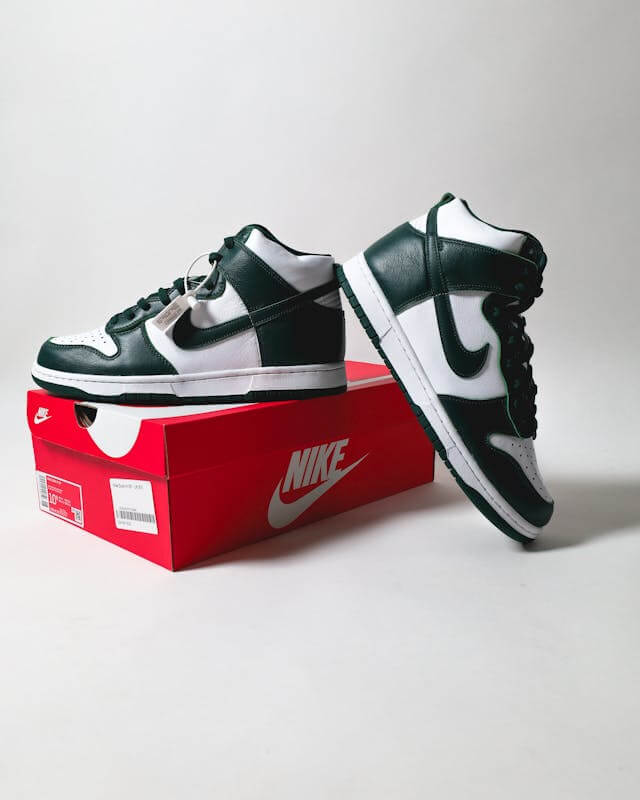
Once the shoes pass final inspections, they are:
- Packaged in Nike’s sustainable shoeboxes, made from recycled materials.
- Shipped globally from Nike’s distribution centers in the US, Europe, and Asia.
Nike’s supply chain is highly optimized to make sure it reaches global markets quickly while maintaining high-quality production standards.
How to Find High-Quality Shoe Manufacturers Like Nike?
While finding Nike’s exact suppliers is nearly impossible—since the company works with exclusive contract manufacturers.
But don’t worry, sellers can still source high-quality athletic shoes. Here’s how you can find reliable manufacturers.
1. Focus on Nike’s Manufacturing Hubs
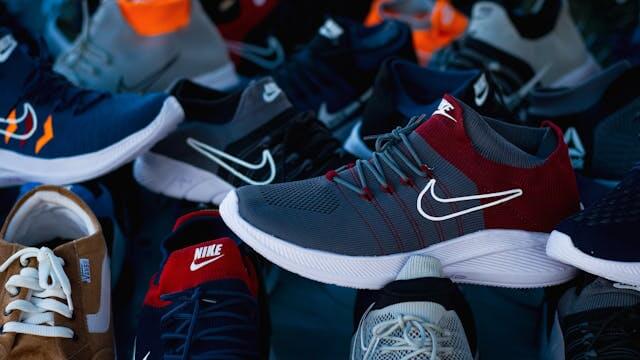
Nike manufactures shoes primarily in Vietnam, China, and Indonesia due to skilled labor, advanced infrastructure, and cost-effective production.
If you’re looking for a supplier with similar capabilities, focus your search on factories in these regions.
Many manufacturers that specialize in athletic footwear operate in:
- Vietnam (Ho Chi Minh, Hanoi) – Known for its high-quality craftsmanship and growing footwear industry.
- China (Guangdong, Fujian, Zhejiang) – The hub for cutting-edge sneaker production and material innovation.
- Indonesia (Jakarta, West Java) – A key location for major footwear exports with a focus on affordable labor costs.
2. Use Online Sourcing Platforms
Several B2B marketplaces allow you to filter suppliers based on product type, production capacity, and location:
- Alibaba – Search for OEM (Original Equipment Manufacturer) athletic shoe suppliers with proven experience.
- Global Sources – A platform with pre-verified suppliers, often catering to bulk orders.
- Made-in-China – Offers access to China-based manufacturers that specialize in high-performance footwear.
Pro Tip: Look for suppliers that have worked with well-known international brands or offer export certifications (e.g., ISO 9001, BSCI).
3. Attend Industry Trade Shows
Trade shows provide a direct way to connect with manufacturers who have the capability to produce Nike-quality sneakers. Some of the most relevant events include:
- Canton Fair (China) – One of the largest sourcing fairs, covering footwear and apparel.
- Vietnam International Footwear & Leather Exhibition – A hub for finding high-quality shoe manufacturers.
- Magic Las Vegas – A U.S.-based trade show featuring global footwear suppliers.
Meeting factory representatives in person allows you to inspect product samples and negotiate pricing more effectively.
4. Work with a Sourcing Agent
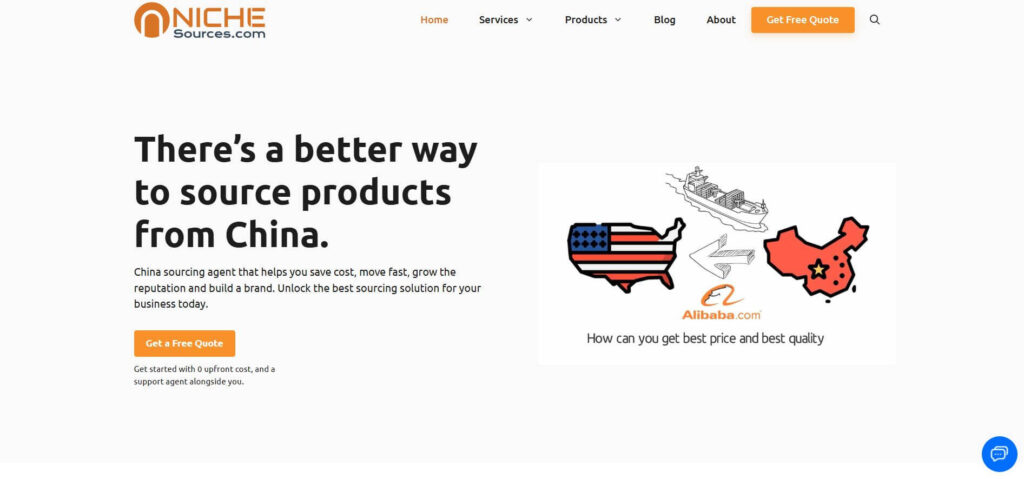
Finding a Nike-quality shoe manufacturer isn’t easy—many top-tier factories don’t publicly list themselves.
A sourcing agent with local industry connections can help identify trusted suppliers, verify quality standards, and negotiate pricing.
They also handle factory audits, production oversight, and shipping logistics, reducing risks for sellers.
NicheSources, for example, can connect you with reliable shoe manufacturers from all over the world.
5. Research Nike’s Material Suppliers (An Indirect Lead)
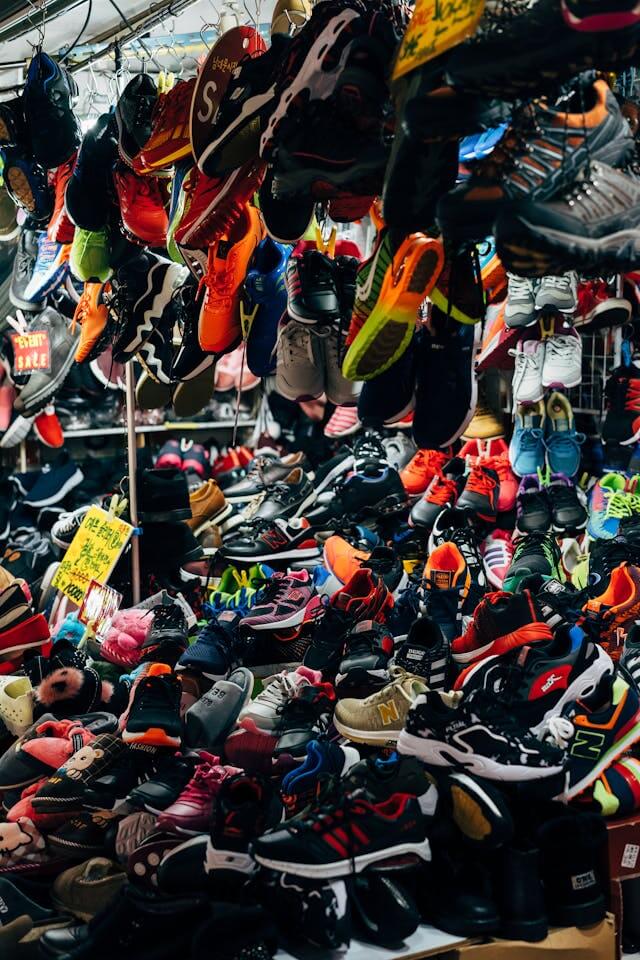
Nike sources specific materials (Flyknit, Air units, premium rubber) from specialized suppliers. Identifying Nike’s material suppliers can lead you to factories that work with high-quality materials. Some useful strategies include:
- Checking public supplier lists from Nike’s sustainability reports.
- Researching well-known raw material suppliers (e.g., rubber producers in Indonesia).
- Looking at factory certifications—factories with ISO, WRAP, or BSCI approvals often meet Nike’s production standards.
Read More:
- Where Are Salomon Shoes Made
- Where Are Adidas Made
- Where Are Keen Shoes Made
- Where Are Asics Made
- Where Are Puma Shoes Made
Frequently Asked Questions
How Does Nike Source Its Materials?
Nike sources its materials from various locations worldwide. These materials are then sent to their manufacturing facilities in countries like Vietnam, China, and Indonesia for production.
By diversifying their material sources, Nike ensures a steady supply chain for their popular footwear.
Are There Any Made in USA Nike Shoes?
Although Nike designs and develops their shoes in the United States, most of their manufacturing occurs in other countries.
Main production centers include Vietnam, China, and Indonesia, due to lower labor costs and skilled workforces. As of now, Nike does not have a significant made-in-USA shoe collection.
What Ethical Practices Does Nike Follow in Manufacturing?
Nike is committed to responsible and sustainable manufacturing practices.
They work closely with their factory partners to ensure fair labor standards, safe working conditions, and environmental compliance.
Additionally, Nike continually strives to minimize their environmental footprint through the use of sustainable materials and resource conservation initiatives.
Who Are Nike’s Competitors in Athletic Shoe Manufacturing?
Nike faces strong competition from several major brands in the athletic footwear market:
- Adidas – A top rival known for innovative running shoes, soccer cleats, and lifestyle sneakers. Focuses on performance, sustainability, and high-profile collaborations.
- Under Armour – Initially famous for performance apparel, now a growing player in athletic footwear, particularly in training and basketball shoes.
- Puma – A German sportswear brand specializing in performance and lifestyle sneakers, with strong ties to soccer, motorsport, and streetwear.
- New Balance – Recognized for premium-quality running shoes and a commitment to U.S. and UK-based manufacturing. Popular among athletes and casual wearers.
- ASICS – A leader in running shoe technology, known for research-backed designs that enhance performance and comfort.
- Converse (Nike-Owned but Independent) – Famous for classic Chuck Taylor sneakers, a staple in casual and streetwear fashion.
Each of these brands competes with Nike by offering specialized technologies, unique designs, and strong athlete endorsements.
Who Are the Main Suppliers for Nike Footwear?
The primary production stations for Nike footwear are China and Vietnam, with China historically producing around half of the Nike shoes.
However, Nike has shifted more production to Vietnam recently, now accounting for about 51% of the total, surpassing China, which stands at 23%.
Nike also has manufacturing facilities in countries like Indonesia, India, and Thailand.
How Can I Find a Shoe Manufacturer in China?
Finding a shoe manufacturer in China can be a daunting task, but luckily you can find resources to make the process more accessible.
One such resource is a list of the top 14 shoe manufacturers in China, which can help you choose the right supplier for your business.
As you research, it’s essential to vet the manufacturers, ensuring they adhere to quality standards and ethical practices.
Sourcing Shoe Manufacturers in China
You might already know that Nike has a significant presence in China, making it an attractive location for sourcing shoe manufacturers.
Many brands opt to outsource their production to China due to cost-effectiveness and skilled labor force.
Working with a sourcing agent like NicheSources can help you navigate the complexities of finding and collaborating with a reliable manufacturer.
They will assist you in identifying factories, negotiating prices, and ensuring your products meet quality standards.
It’s essential to choose a sourcing agent with experience and expertise in your specific industry. A good agent will also save you time and help prevent potential issues with overseas suppliers.
When you’re ready to take the next step in outsourcing your shoe manufacturing to China, consider requesting a free quote from us at to guide you through the process and make your venture a success.
